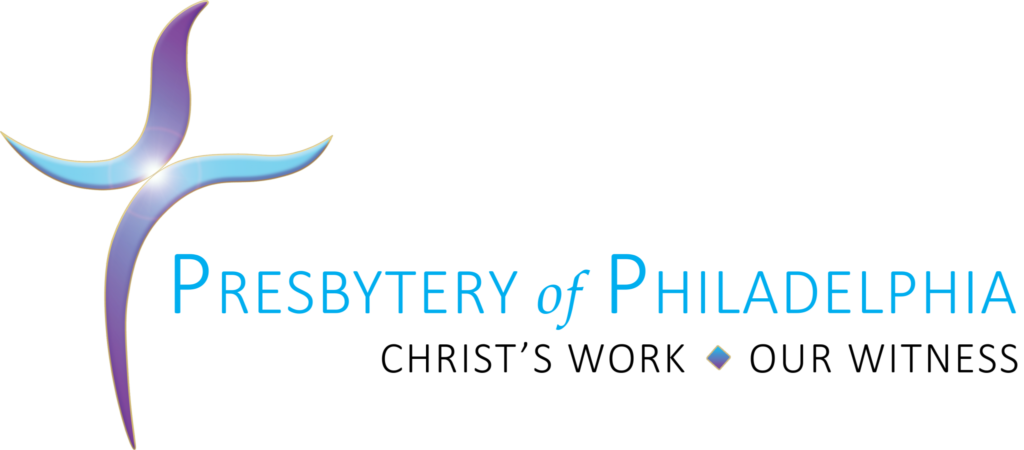Vocational Discernment, Search for Meaning, and Campus Ministry: The Christian Association at UPenn
Vocational discernment is one of the great calls of the Christian church, stewarding the varied talents, ideas, questions, and resources of the faithful into meaningful extensions of the gospel. In many ways, this is the critical work of The Christian Association campus ministry at the University of Pennsylvania. A validated ministry within the Presbytery of Philadelphia, The CA serves alongside college students and those of the millennial generation and younger who are at a critical juncture in their lives yet frequently absent from our mainline congregations. “It’s a time when they are exposed to new ideas, asking huge questions, and away from their home congregation and the church they grew up in,” said Rev. Megan LeCluyse, campus minister, “I think we really need campus ministry to be there to help them navigate what all this means.”
One of the ways The Christian Association has been present alongside college students in their vocational discernment and search for meaning has been through their Dana How Scholars and Mentoring Program. A partnership with UPenn’s chapter of Upward Bound, twenty-plus college students work with over thirty local high school students from at-risk Philadelphia neighborhoods as they pursue college admissions and futures alternative to those that may lead to incarceration. Many of the mentors have come from similar communities and are eager to give back to young people as they extend solidarity and affirm their own potential for good. A real praxis in extending the love and grace of Christ, the relationships developed in the mentoring program taps into the empathy, compassion, and social-conscience of college students zealous to love and serve alongside their more vulnerable neighbors. Many of these students, along with others connected with The Christian Association, have gone on to related graduate degrees, work in the not-for-profit world, enrolled in seminary programs, and become active in local congregations post-graduation.
In a year where our Presbytery highlights the need to disrupt the school-to-prison pipeline, The Christian Association’s mentoring program also serves as one way our ministries are subverting the system and empowering the next generation. “Having these relationships with people who can model for you what this can look like, who also look like you, is a powerful witness,” added Rev. LeCluyse. “It is always powerful to be able to see somebody who looks like you doing something, being that relationally, or gender, or sexuality, breaking through barriers to have someone showing you what it could look like.”
The 126-year-old legacy of The Christian Association is one that hinges on faith formation, inclusivity, hospitality, and advocacy. In addition to the Dana How Scholars and Mentoring Program, which features a retreat to their camp founded over forty-years ago on the premise of racial integration, The Christian Association hosts Queer Christian Fellowship. As individuals who identify as LGBTQI+ wrestle with their sexuality and faith, The Christian Association provides a safe and hospitable environment for those who may otherwise feel isolated from the church yet have their own vocational and faith formation questions. The CA also coordinates weekly dinners open to all UPenn students, which is attended by a diverse representation of theological, racial, economic, and other backgrounds. In these sacred spaces, college students are nurtured for both their present and future work and witness in the world and assured they have value in church and society.
“Many, myself included, talk about the CA being like a family,” remarked Scott, a student at UPenn. “It’s a community of love and respect. The CA further follows it’s value of love through this community, offering an open ear and an open heart to those that need help and support.”
The witness of The Christian Association invites us to consider how our churches and related ministries can walk alongside younger generations in their faith formation, vocational discernment, and search for meaningful contributions to the world. Even more, we are challenged to ensure those who venture from our congregations to college campuses near and far find communities of nurture and support at this pivotal moment in their lives. In so doing, we live into our baptismal vows that covenant to love and support young disciples as they gather and scatter from the sacred waters and into whatever areas of vocational service the Spirit calls them.
- Interested in providing a Wednesday night meal for The Christian Association, contact Rev. Megan LeCluyse: lecluyse@upenn.edu
- Click here for Recommended Resources for College Students and Churches interested in Campus Ministry
- College Conference at Montreat
Listen to the podcast:












